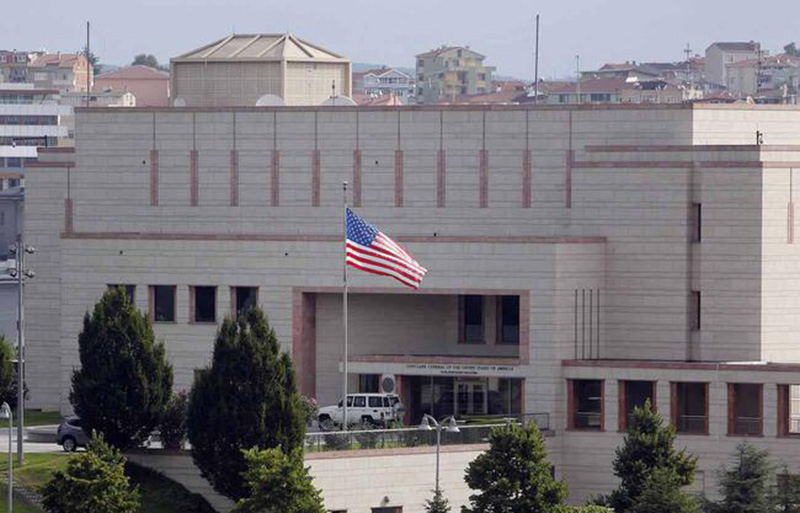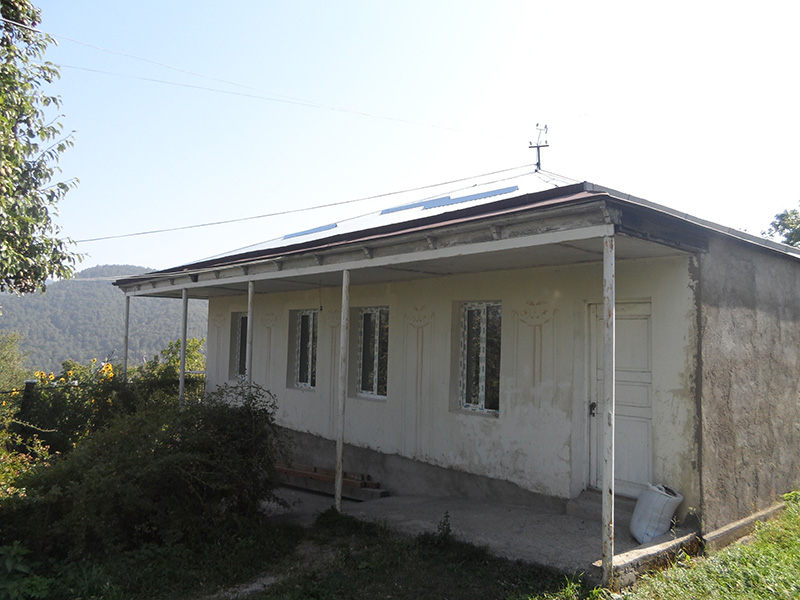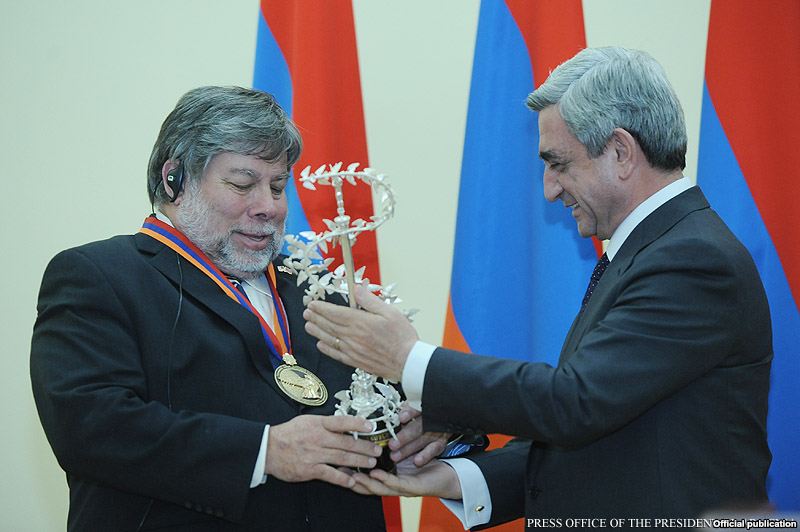ANKARA (Reuters) – Turkey urged the United States on Monday to review its suspension of visa services after the arrest of a U.S. consulate employee sharply escalated tensions between the two NATO allies and drove Turkey’s currency and stocks lower.
Relations between Ankara and Washington have long been plagued by disputes over U.S. support for Kurdish fighters in Syria, Turkey’s calls for the extradition of a U.S.-based cleric and the indictment of a Turkish former minister in a U.S. court.
But last week’s arrest of a Turkish employee of the U.S. consulate in Istanbul marked a fresh low. Turkey said the employee had links to U.S.-based Muslim cleric Fethullah Gulen, blamed by Ankara for a failed military coup in July 2016.
The U.S. embassy in Ankara condemned those charges as baseless and announced on Sunday night it was halting all non-immigrant visa services in Turkey while it reassessed Turkey’s commitment to the security of its missions and staff.
Within hours Turkey announced it was taking the same measures against U.S. citizens.
On Monday the Turkish foreign ministry summoned a U.S. diplomat to urge the United States to lift the visa suspension, saying it was causing “unnecessary tensions”.
Turkish media reported that authorities had issued a detention warrant for a second U.S. consulate worker. Reuters could not immediately confirm the reports, which also said the employee’s wife and child were being questioned by police.
The diplomatic spat spooked investors. The lira dropped 2.4 percent and stood at 3.7030 against the dollar after being quoted overnight as touching a level of 3.9223.
The main BIST 100 stock index fell as much as 4.7 percent and was down 3.21 percent at 100,800 points at 1137 GMT.
Airline shares were particularly hard hit, with flag carrier Turkish Airlines falling 8 percent.
The dispute with the United States coincides with deep strains in Turkey’s relations with Germany, another key ally, and with Turkish military activity at the Syrian and Iraqi borders, though their market impact has so far been limited.
U.S.-Turkish tensions have risen in recent months over U.S. military support for Kurdish YPG fighters in Syria, considered by Ankara to be an extension of the banned PKK which has waged an insurgency for three decades in southeast Turkey.
Turkey has also pressed, so far in vain, for the United States to extradite Muslim cleric Fethullah Gulen, viewed in Ankara as the mastermind behind the failed coup in which more than 240 people were killed. Gulen denies any involvement.
Friction with the United States has also arisen from the indictment last month by a U.S. court of Turkey’s former economy minister Zafer Caglayan, charged with conspiring to violate U.S. sanctions on Iran.










